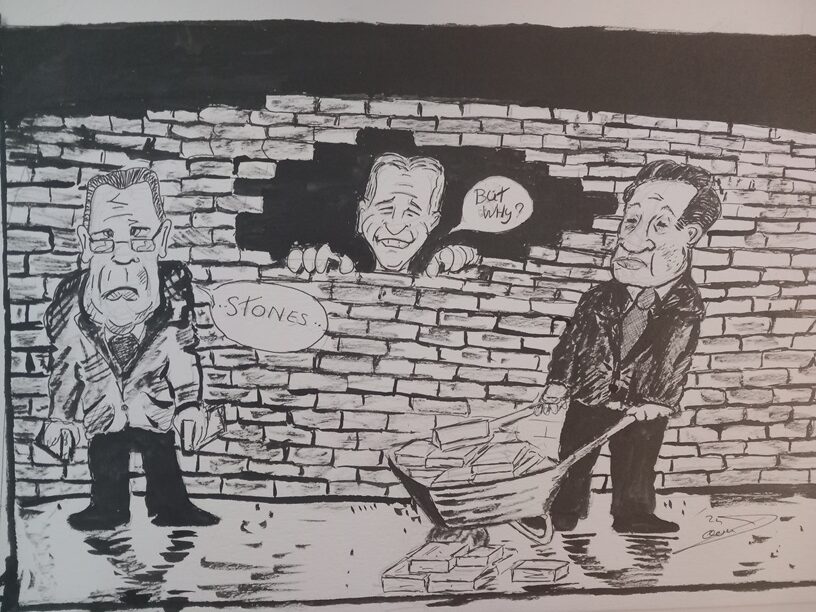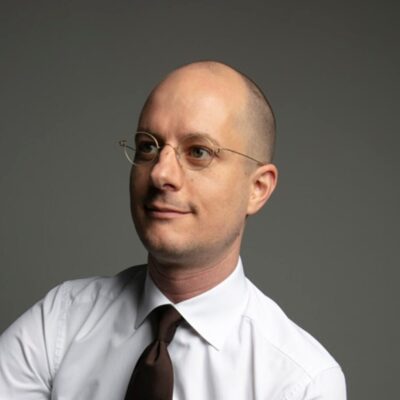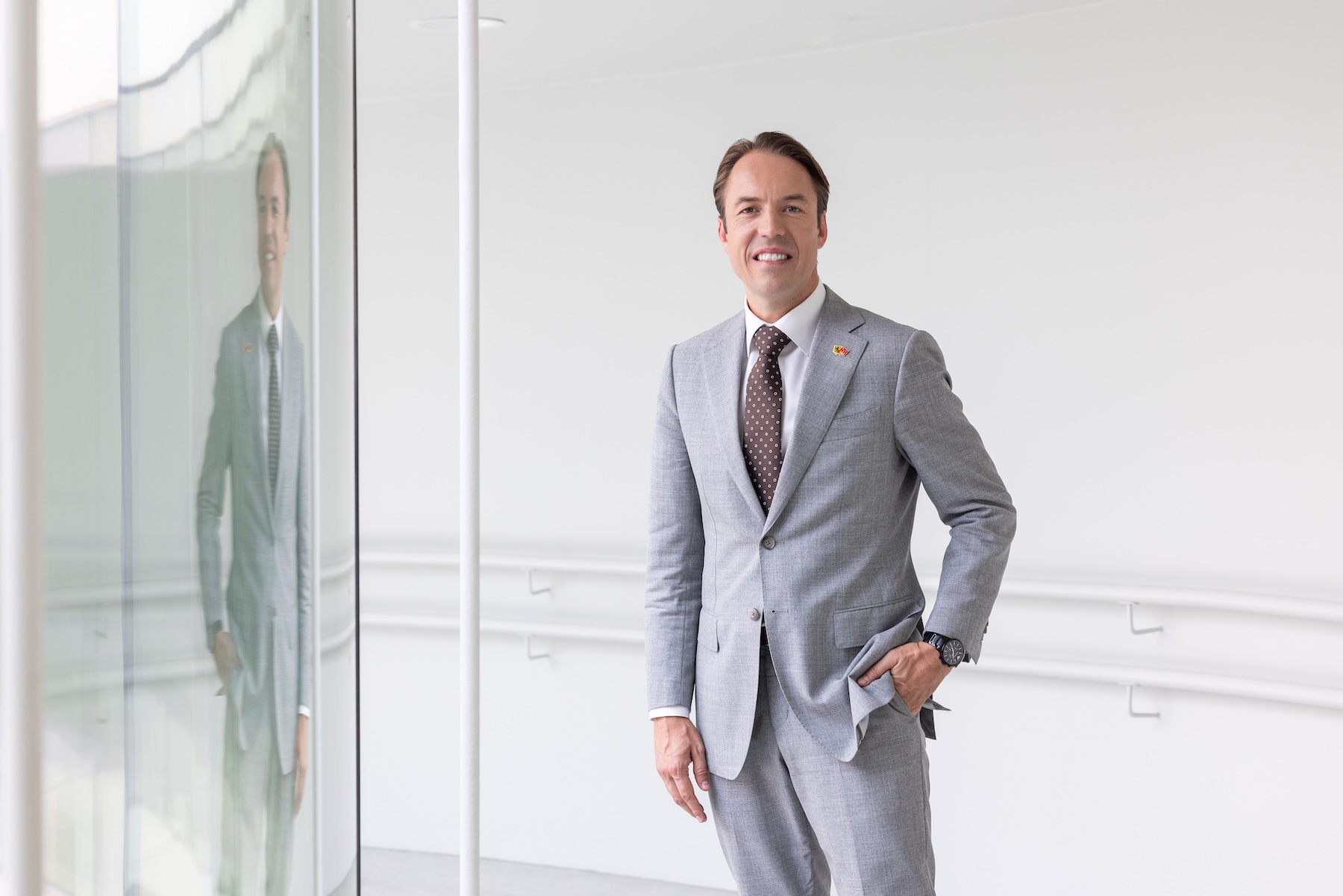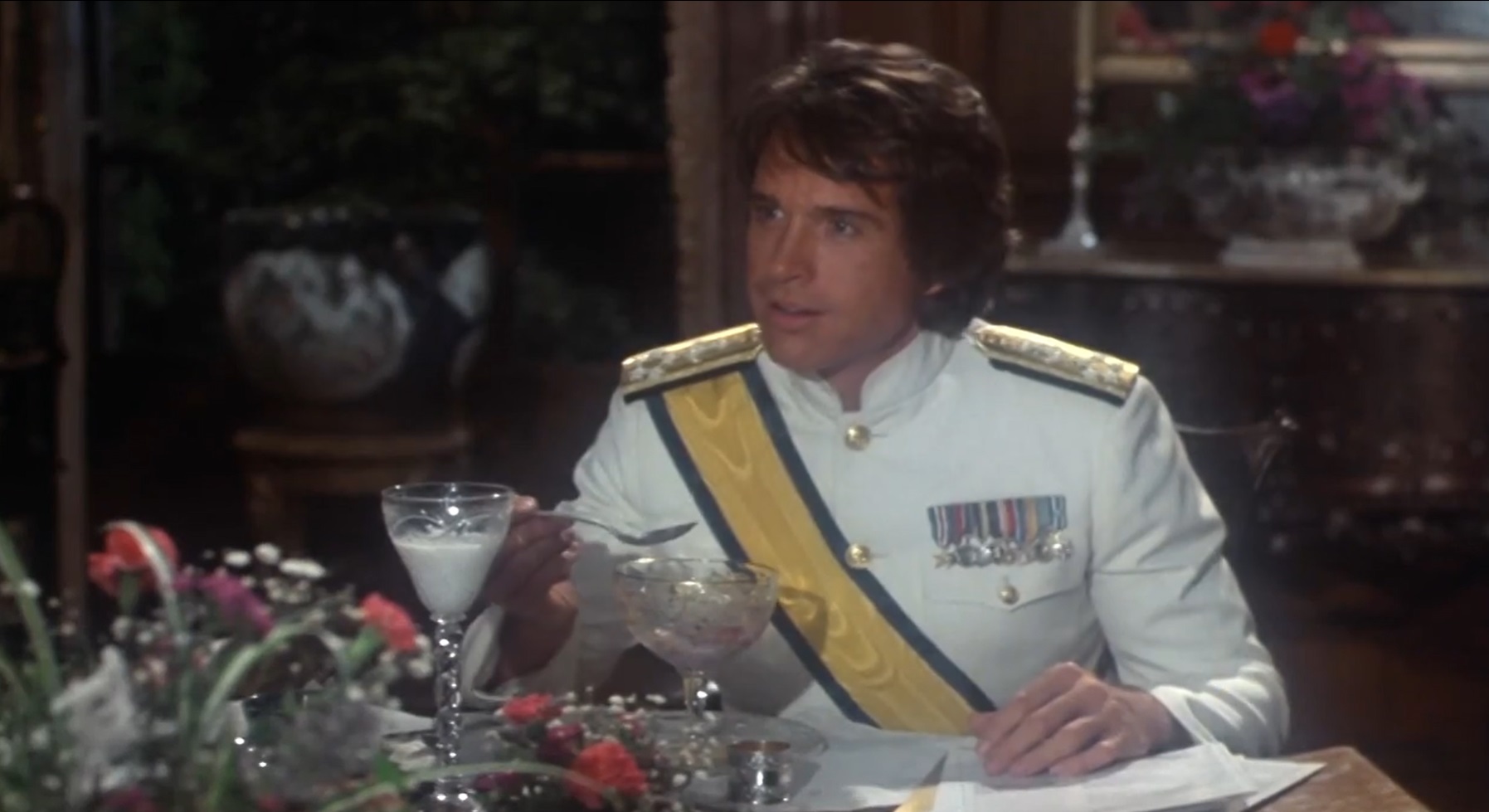
The BRICS collective has drawn scrutiny from those familiar with Agenda 2030, a United Nations (UN) initiative facilitated by the World Economic Forum (WEF). Recent reports and statements indicate that the alliance is reshaping global power dynamics. This prompts the question: Are the recently expanded BRICS an emerging counter-Western order and a significant obstacle to the Western globalist agenda?
By Wouter van der Wiel
The BRICS is an intergovernmental organization originally founded by Brazil, Russia, India, China, and South Africa, and recently expanded to include Egypt, Ethiopia, Iran, and the United Arab Emirates. It is a powerful alliance of oil-producing countries representing over 40 percent of the world's population and, as of 2023, 32 percent of the world's GDP.
Opinions on the BRICS' potential and strength vary, with some contending that they constitute a barrier to US hegemony and provide a counterbalance in global affairs. This prompts the question: Do the BRICS pose a significant obstacle to the globalist agenda?
It is evident now that the UN and WEF advocate a controlled global society reminiscent of China's surveillance and score-based model. This trend has been apparent during the COVID era with measures like lockdowns, quarantines, injections, tracking technology for surveillance, censorship, and media-driven narratives.
We are witnessing preparations for a technologically governed world, with the goal of dissolving nation-states and establishing a singular global government and citizenship. From my perspective, COVID served as a trial for this agenda, as outlined in what I refer to as their UN SDG bible.
The BRICS aim to foster stronger economic ties and promote trade among member nations. With recent additions such as Egypt, Ethiopia, Iran, Saudi Arabia, and the United Arab Emirates in 2023, the alliance is now solidifying its geopolitical significance.
As stated by BRICS Chairman President Vladimir Putin, the BRICS collective rejects being relegated to a secondary position vis-a-vis other nations. It is committed to multipolarity, advocating for a multipolar world order.
From that perspective, the BRICS could be viewed as a potential challenger to the UN/WEF's totalitarian worldview, representing a departure from the UN's perspective and serving as a competitive force against the collective West. But is this assessment accurate?
For instance, if the BRICS alliance, in its current configuration, were to stipulate that each member could use its national currency for trading oil, it would diminish the role of the dollar in the global economy. This absence of a clear replacement for the dollar as a global reserve currency would lead to an increased importance of various currencies.
Such a scenario is indeed quite appealing to me. I welcome any force capable of halting the progress of the SDGs Agenda 2030. I recognize the advantages of a more balanced, multipolar world where nations retain greater sovereignty and autonomy in governance.
However, there are also some concerns. Let me highlight the financial dynamics within the UN/WEF alliance; money plays an undeniably pivotal role. Financial interests lie at the core, involving entities such as the World Bank, IMF, or any affiliated financial institution.
Similarly, UN/WEF and allied entities operate akin to cartels, driven by an insatiable thirst for more wealth and power, all while promoting their self-sustaining expansion under their SDG ideology.
Likewise, the BRICS alliance relies on financial resources primarily drawn from their New Development (ND) Bank, established by its founding members. Each founding state contributed a collective sum towards its establishment.
It is worth mentioning that until the current ND Bank top management, all have been directly or indirectly affiliated with the World Bank, various banks, alliances, and entities associated with the World Economic Forum (WEF). The current ND Bank president, Dilma Rousseff, is even connected with political and governmental organizations that espouse socialist and Marxist ideologies.
What is the connection here?
The ties between the BRICS central ND Bank and UN/WEF raise questions about the BRICS' stance as a counterforce. The close association of ND Bank executives and management with these organizations indicates active support for the UN’s Sustainable Development Goals (SDGs) and funding aligned businesses. The ND Bank's use of similar symbolism, such as windmills and green colors, along with its rhetoric on sustainability and plans for smart cities, underscores this alignment.
Ironically, several BRICS member states are major oil producers, which adds complexity to their environmental commitments. Furthermore, Putin's declaration of 2024 as the "Year of the Family" in Russia extends the narrative of Russia as a bastion of traditional values against perceived Western "woke" ideologies.
While the BRICS chairman advocates for a multipolar world, the alignment of the BRICS with UN and Western initiatives prompts reflection. Should we differentiate between the BRICS countries and their ND Bank, considering the potential alignment of their ideologies?
The BRICS alliance, comprised of major oil-rich nations, has solidified its global presence, surpassing the collective power of the G7. Despite receiving 23 applications, BRICS admitted only five new members on January 1, 2024. Notably, among the applicant countries are Bangladesh, Belarus, Cuba, Indonesia, Kazakhstan, Palestine, Thailand, and Vietnam, awaiting invitations, thus forming a formidable counterforce to the collective Western order.
In terms of challenging US dollar hegemony, the BRICS New Development Bank (NDB) offers an avenue to reduce reliance on institutions like the World Bank and the International Monetary Fund (IMF). Open to all United Nations (UN) members, the Shanghai-based NDB directs its capital towards projects in the world’s least developed economies, fostering regional and global growth.
While not replacing the roles of the World Bank and the IMF, the NDB provides an additional well-funded development bank aimed at supporting developing countries and diversifying away from Washington-based financial institutions and the US dollar.
The emergence of the BRICS and their New Development Bank signals a shift towards greater balance and a reduced dependence on the US dollar, challenging its hegemony.
However, while the NDB supports the progress of the SDGs Agenda 2030, it also underscores the need to embrace the advantages of a more balanced, multipolar world. This transition marks the impending end of the Western world order view, prompting reflection on its implications, whether advantageous or not.






Good article,
We await the use of the currency which will be the turning point in this world reliance to the USD and a probably fairer equilibrium of forces in the hegemonies. There is no doubt that Ukraine war is fueled by the those who would lose from the becoming of the Brics: the USA and Europe. Seeing Sweden and Germany engaged in such a support in providing weapons to Ukraine (in addition to the usual suspect) shows how much they have to lose with the Brics happening and being strong. Interesting days ahead to see how this can unfold!
Watch as this whole organization
JOINS PRESIDENT TRUMP
and overthrows
The Hoardable Money Power
Establishment.
💜 Angel NicGillicuddy
Dear Nabil,
Thank you for your effort in replying to my article here at The Liberum. Indeed, we are approaching a turning point, and we are already witnessing it, if not feeling it. However, personally, I am not in favor of a single currency which may eventually lead to a digital identity. I prefer to have multiple payment options available at all times, including traditional cash.
"In 2023, South African President Cyril Ramaphosa, who in June presented an African peace plan separately to Putin and Ukrainian President Volodymyr Zelenskiy, stated in response to the Russian president's speech that BRICS members would continue to support efforts to bring the conflict to an end. Strengthening BRICS forms part of Russia’s vision of undermining U.S. dominance and building what Putin, in his speech, called 'a multipolar world order.'"
Yet, the collective West (US and EU) prefers to keep going on with the war. Regarding Ukraine, you hit the mark.
However, I urge anyone to delve deeper into their “central bank” named ND Bank and its ties with the World Bank, IMF, and WEF, among others. Therefore, I remain unconvinced that the BRICS alliance functions as a counterforce, yet.
Thank you for your response! I'm grateful for your willingness to engage in discussions. If there's anything specific you'd like to explore or if you have any questions, please feel free to share them. Whether it's about emerging trends in technology, recent breakthroughs in science, intriguing literary analyses, or any other topic, I'm here to assist you. Just let me know how I can be of help, and I'll do my best to provide valuable insights and information!